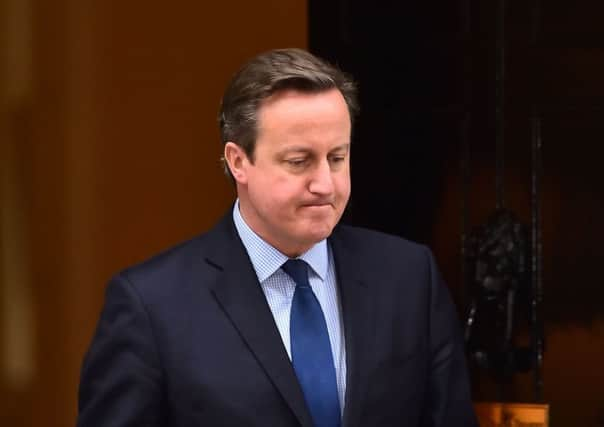David Cameron to outline plans for fighting IS


It is thought that Mr Cameron will publish a plan on Syria this week that will include military, counter-terrorism and humanitarian actions, as well a blueprint for the nation’s future.
Chancellor George Osborne said MPs would hear Mr Cameron’s plans in the House of Commons this week, then have time to “digest that response”, when the government would take stock of what support it could count on in a parliamentary vote.
Advertisement
Hide AdAdvertisement
Hide AdHe said that Britain has never been a nation to “stand on the sidelines”.
Mr Osborne said: “It’s always easy to point to the cost of getting involved. What’s more difficult is the cost of not getting involved.”
He added: “We will call a vote on airstrikes when we can win. We are not going to the House of Commons to lose again.”
French president Francois Hollande is meeting Mr Cameron today in Paris, then going to Washington and Moscow later in the week to push for a stronger international coalition against IS.
Mr Cameron expects the passage of a United Nations Security Council resolution calling for united action against IS to bolster his chances in parliament.
The SNP has said it would not back action without clear UN legal authority, while Labour MPs are divided on the issue.
Foreign minister Philip Hammond has said Mr Cameron will go to parliament once he believes there is a consensus in favour of airstrikes.
Meanwhile shadow chancellor John McDonnell said he hoped Labour MPs unite over a decision on UK airstrikes in Syria, as he warned against talk of “defeating jihadis in two weeks”.
The shadow chancellor insisted parliament as a whole must “put aside party advantage” and agree a strategy which is in the best interests of the UK.